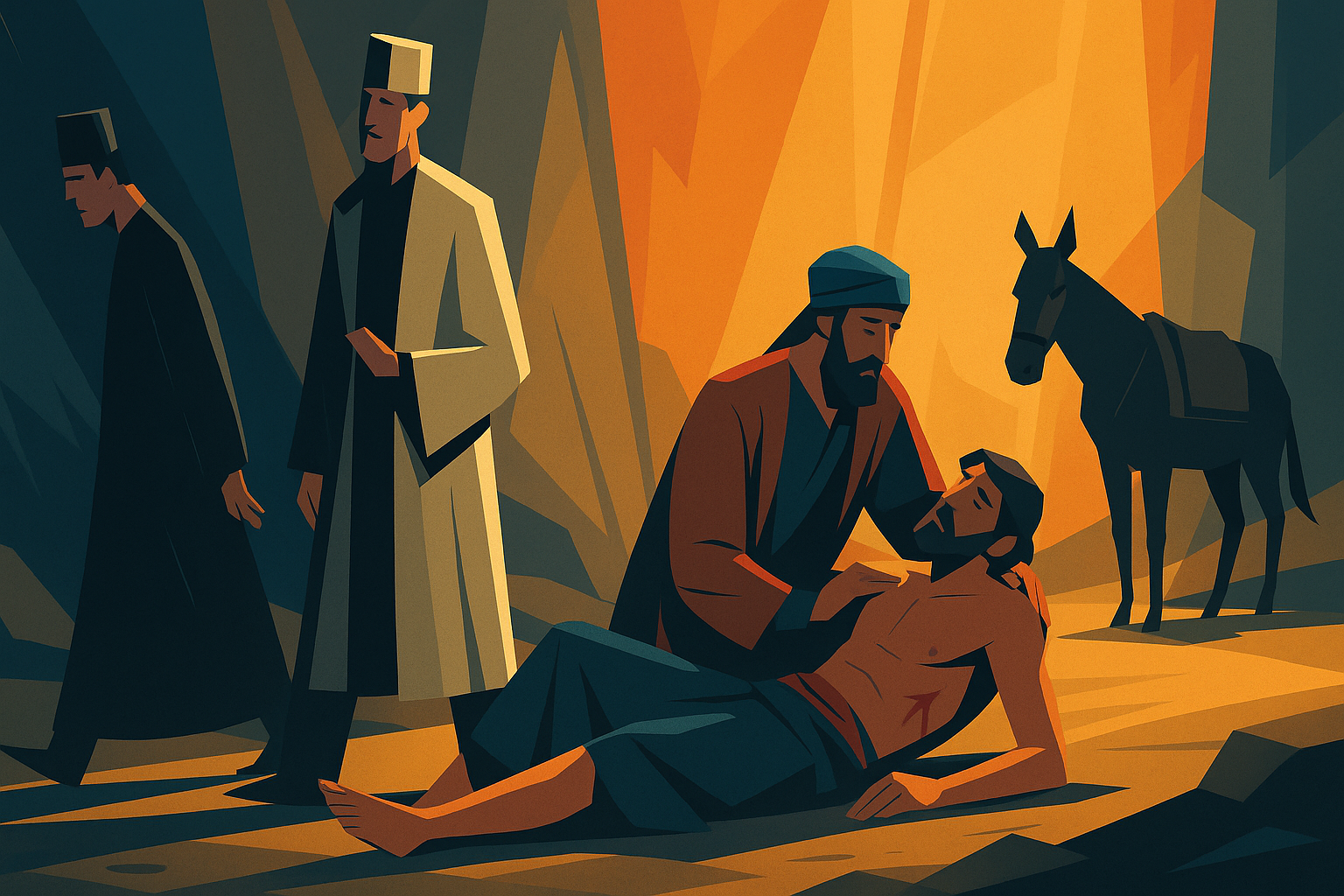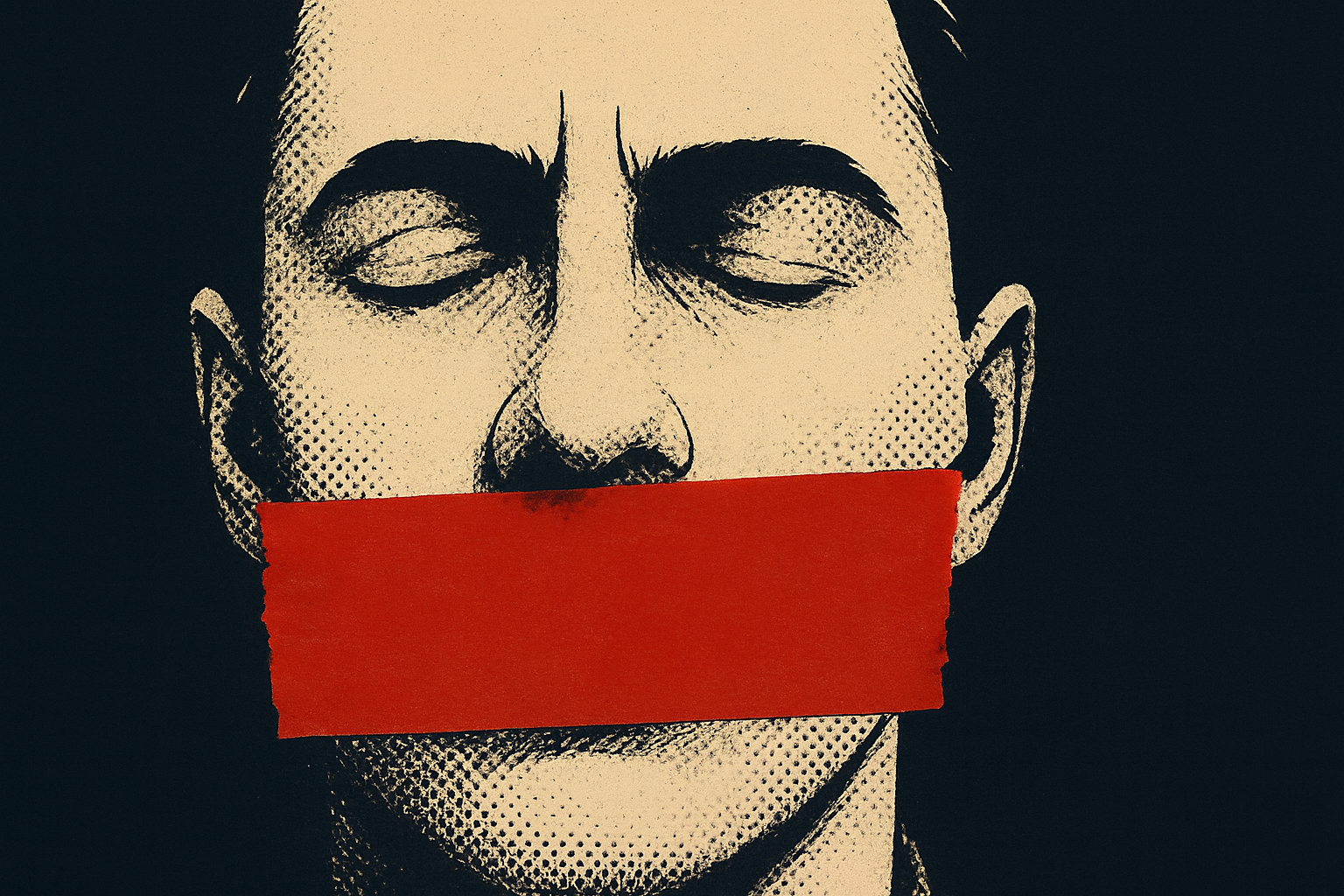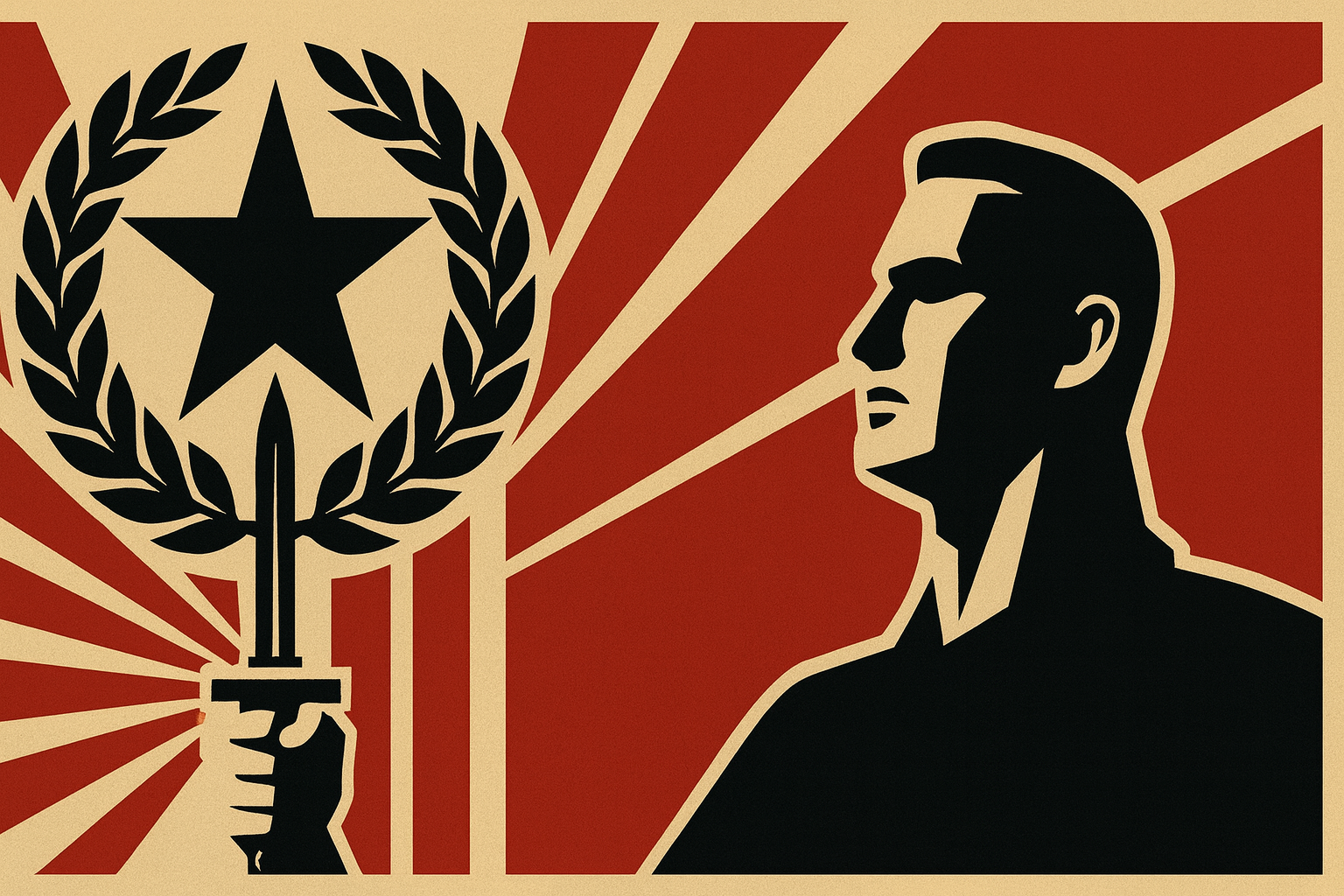The immigration riots erupting in Los Angeles reflect more than political frustration, they expose a deep moral and cultural confusion. As thousands wave the flags of countries they once fled, the lines between freedom and disorder, protest and provocation, become increasingly blurred. This moment demands discernment, not reactionary rhetoric.
Justice and Law Are Not Opposites
It’s essential to distinguish between illegal immigration and the legitimate act of seeking refuge. The United States has a long and honorable history of welcoming the oppressed. But hospitality must not come at the cost of legal order. A borderless nation ceases to be a nation at all. Chaos, though often cloaked in the language of compassion, ultimately harms the very people it claims to protect.
True reform does not arise from rage. Broken systems must be corrected by wisdom, not lawlessness. We can, and must, uphold the dignity of every human being while also upholding the rule of law. Martin Luther King Jr. marched with courage, not with Molotov cocktails.
There is a Difference Between Protest and Riots
Peaceful protest is a cornerstone of American democracy. It’s how we honor our freedoms, challenge injustice, and shape a better future. From the Boston Tea Party to Selma, protest has moved the moral arc of history. But when protest turns to destruction, we lose that moral high ground. Riots do not reform, they rupture. History shows us this clearly: violence often silences the very message it seeks to amplify.
But burning cars, smashing windows, and assaulting bystanders isn't protest, it's chaos. It's not justice, it’s destruction. When we blur the line between dissent and violent disorder, we don’t build a better nation, we tear it down. Real protest seeks change with courage and conviction, not with rage and wreckage.
We should protect everyone's right to protest. But we must unequivocally reject the spirit of lawlessness. Because freedom without virtue isn’t liberty, it’s anarchy.
What Does the Bible Say?
Jesus welcomed the stranger, but never abandoned structure. He confronted injustice, yet remained submitted to the authority of God’s order. He offered mercy without excusing sin. Likewise, the Church must hold the tension of compassion and clarity. We cannot compromise truth in the name of grace, nor wield truth without love.
Scripture supports the idea of national sovereignty. Acts 17:26 affirms that God created the nations and defined their boundaries. Romans 13 urges Christians to respect governing authorities. Undermining the rule of law is not a virtue, it’s a violation of biblical justice.
Due Process: What the Law Provides
Even undocumented immigrants have certain rights under the Constitution. The word “person,” not “citizen,” is used in the Due Process Clauses. This means every person on U.S. soil is entitled to basic legal protections.
Still, those protections are limited in scope. The Trump administration, for example, used a legal mechanism known as expedited removal to deport certain undocumented individuals without a court hearing, so long as they couldn’t prove two years of continuous presence in the country. This policy was upheld by the courts, because immigration law is a civil, not criminal, matter. Due process wasn’t erased, but it was narrowly interpreted in accordance with existing law.
A Call to the Church
The Church is not called to mirror political theater. We are called to moral courage. We must be people who defend the rule of law while extending the hand of grace. Not swayed by sentiment. Not driven by outrage. But anchored in truth, guided by love, and rooted in the Gospel.
Behind every policy are real people with real stories. May our posture be one of compassion and clarity, not conflict. Justice and mercy are not enemies, they are partners in the heart of God.






.svg)
